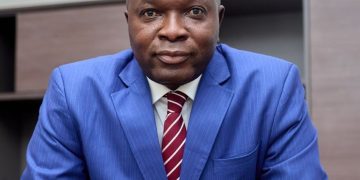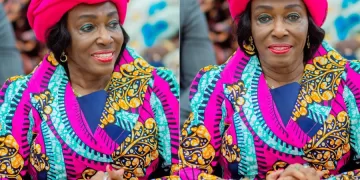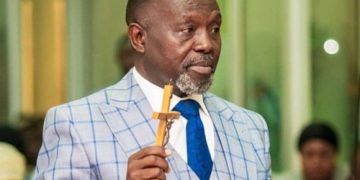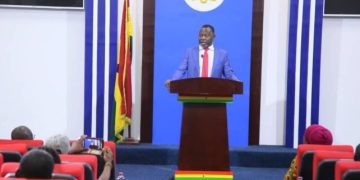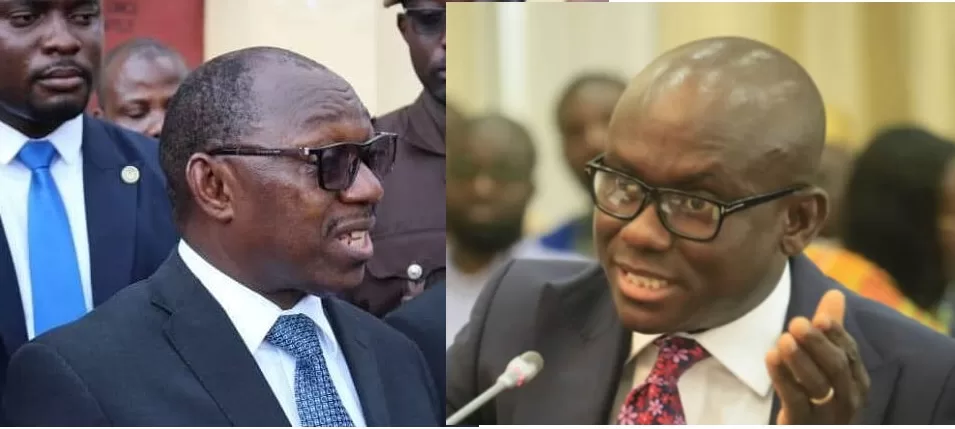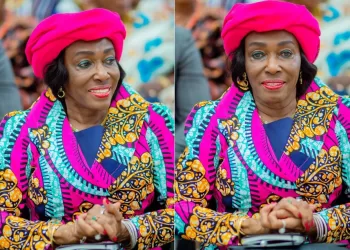The Attorney General, Godfred Yeboah Dame, had as far back as 2021 anticipated and rightly so, told the Supreme Court that when the case involving former COCOBOD boss and businessman is transferred to a new judge, the matter would be trialed de novo, afresh.
This was after a five-member panel of the Supreme Court in a 3:2 majority decision on July 28, 2021 granted an application by Dr. Stephen Opuni which sought a certiorari to quash portions of Justice Clemence Honyenuga’s ruling on the accused person’s submission of no case application, as well as prohibit the trial judge from further hearing the case on grounds of bias.
The Attorney General filed a review application urging the Supreme Court to set aside its decision to prohibit Justice Honyenuga, then a Supreme Court judge sitting as additional High Court judge, from further hearing the trial.
“The decision of the ordinary bench results in substantial miscarriage of justice since it has the effects of placing the case in the hands of a new judge who has not had the benefits of full trial, observing the demeanour and composure of various witnesses called by the prosecution and assessing their credibility,” the Daily Guide newspaper quoted the AG as stating in the affidavit in August 2021.
Mr. Godfred Dame lamented about the cost, inconvenience and hardship the prosecution will be put through in commencing a new trial.
“That if a trial de novo of the respondent herein results from the decision of this Court dated 28th July 2021, same will occasion substantial miscarriage of justice as the constitutional requirements of fair and expeditious trial will not only be violated but also, the prosecution will be put to enormous expense, inconvenience and hardship in commencing a new trial”, citinewsroom reported citing the AG’s affidavit.
The review application was questioned by head of opposition NDC legal team, Abraham Amaliba, who wondered why it could be done in the Gregory Afoko’s case but not in the Opuni-Agongo case.
Mr Amaliba told Class FM on Thursday, 26 August 2021 that AG’s argument is “not justified…You cannot use expenditure to compare with the air of freedom that a person breathes when he’s walking the streets of Accra, as compared to the air he breathes when he’s in jail”.
The review application was successful in 2021 as the Supreme Court in a 4: 3 majority overturned the decision of the ordinary bench.
But, barely two years later, the Opuni-Agongo case has been transferred to another judge by the Chief Justice, based on a request by the Attorney General, following the retirement of Justice Clemence Jackson Honyenuga who had been hearing the case since 2018.
The new trial judge, Justice Kwasi Anokye Gyimah of the High Court (Land Court 2), after reviewing proceedings under the previous judge, and assessing the argument by prosecution to adopt the proceedings as well as the counter arguments, ruled on April 4, 2023 that the case would be heard de novo (afresh).
“If I adopt the proceedings, I am basically adopting every act and decision that has been taken by the previous judge in the matter and I will be saddled with the same suspicions and allegations of unfairness that have been levelled against the current state of the proceedings,” he acknowledged.
Justice Gyimah made reference to section 80(2) (a) of NRCD 323, which states that one of the factors a court is enjoined to look at when assessing the credibility of a witness is the witness’ demeanour.
“Much as that may be the right position, in a criminal trial where the liberty of the accused is at stake and where the accused is by law presumed innocent and also entitled to a fair trial, any factor, however minimal or insignificant its effect, that will enhance the opportunities for the fair trial of an accused person should not be overlooked by the court.”
It therefore comes as surprise to many who have been following the case, the latest turn of event, where the same Attorney General is now contesting the decision by a new judge to hear the case afresh vis-à-vis his own argument just two years ago on the same case.
The Attorney General and Minister of Justice had predicted the likelihood of a new judge starting the trial afresh, as well as the need for the judge to also observe and assess the demeanour of witnesses.
However, Mr. Godfred Dame in an application for appeal filed on April 18, 2023 on his behalf by the Director of Public Prosecutions, Mrs. Yvonne Atakora Obuobisa argued that Justice Kwasi Gyimah “misdirected himself” in the application of the principles regarding adoption of evidence in a trial.
He said the “learned trial judge erred, in the circumstances of the instant case, in placing undue premium on the need to assess the demeanour of the witnesses called at the trial”.
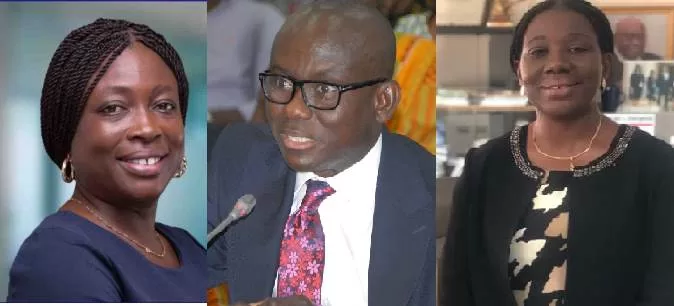
PRESUMPTION OF INNOCENCE
The prosecution further stated, “The learned judge erred in ignoring the right and duty of the Republic to efficiently prosecute crime and placing premium on the presumption of innocence of the accused person.”
According to the Attorney General, issues of unfairness raised by the accused have been dealt with, and that the decision of the trial judge to start the trial de novo “has occasioned a miscarriage of justice as it will hinder an efficient trial of the accused persons in the instant case”.
Mr. Godfred Dame is therefore asking the Appeal’s Court to set aside the ruling directing that the trial be started de novo and a further order that evidence led at the trial so far be adopted by the trial judge.
“The learned trial judge exercised his discretion wrongly in arriving at a conclusion that, he will be ‘saddled with the same suspicions and allegations of unfairness levelled against the current state of proceedings’, which have already been dealt with by the Supreme Court,” his notice of appeal read.
The appeal’s process is expected to start from May 3, 2023.
Meanwhile, the High Court has ordered the parties to file statements they want to rely on in the trial by April 21, and slated April 25 for case management.
The former COCOBOD Chief Executive, Dr. Stephen Opuni and businessman Seidu Agongo as well as Agricult Ghana Limited, are facing 27 charges, including willfully causing financial loss to the state and contravention of the Public Procurement Act in the purchase of Lithovit liquid fertiliser between 2014 and 2016.
They have pleaded not guilty to the charges and are on a GH¢300,000 self-recognizance bail each.


